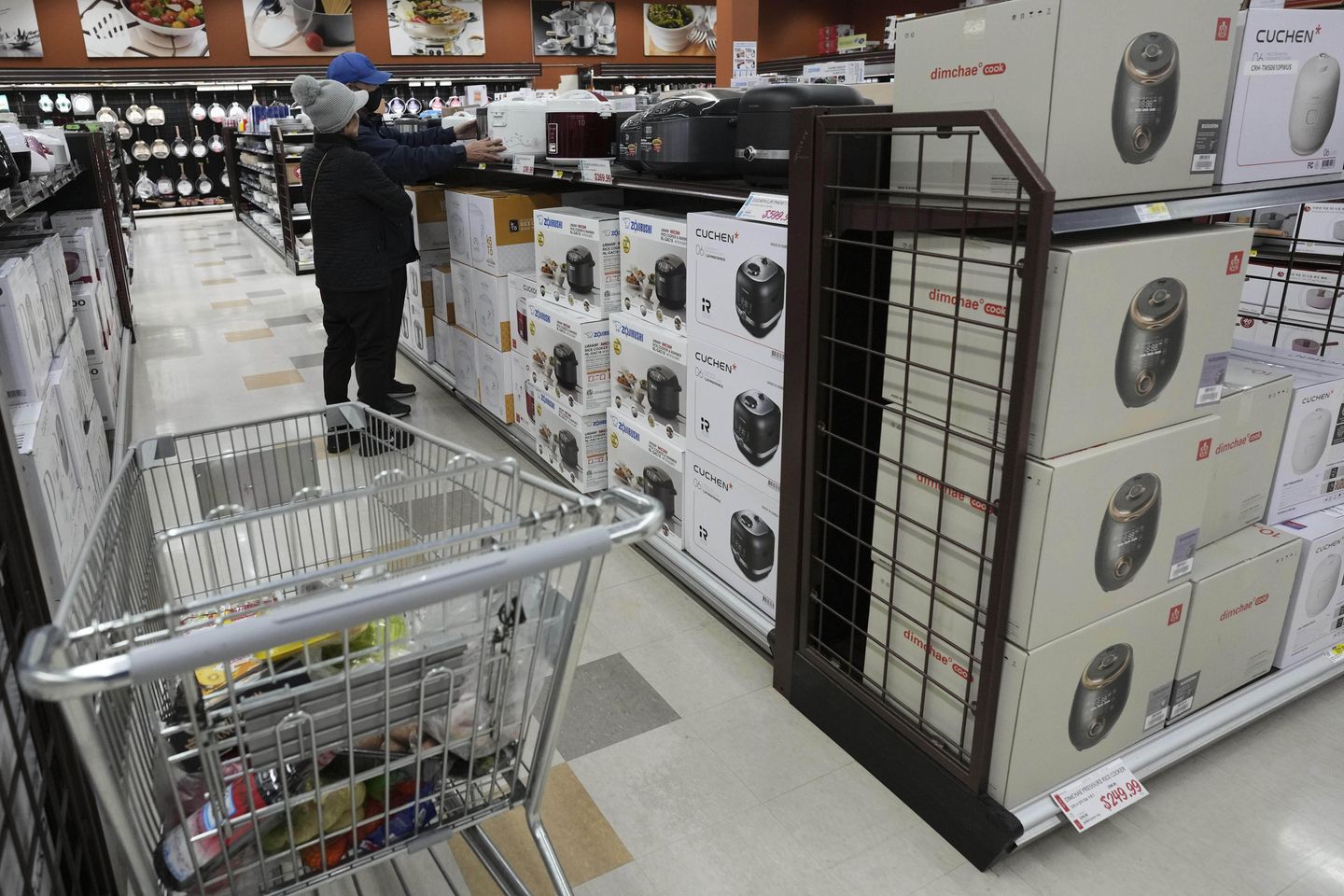
Don’t miss the full story from our staff writers, whose reportage is the basis of this article.
President Trump announced a new wave of tariffs targeting Japan, South Korea, and 12 other nations through letters sent on Monday, marking the first implementation of his “Liberation Day” tariffs after a 90-day pause. Japan and South Korea each face 25% tariffs, while other countries including Bangladesh, Cambodia, Indonesia, and Thailand will see levies ranging from 25% to 40%. The tariffs, originally scheduled for Wednesday, have been delayed until August 1 to allow for further negotiations.
The announcement comes after Mr. Trump’s April tariff proposals were paused for 90 days, during which his administration successfully negotiated deals with Britain and Vietnam that reduced their tariff exposure. However, talks with most other nations failed to produce agreements, leading to the implementation of these penalties.
Wall Street reacted negatively to the news, with the Dow Jones falling 400 points and both the Nasdaq and S&P 500 dropping nearly 1%. The tariffs particularly threaten the export-heavy economies of South Korea and Japan, two key U.S. allies in the Indo-Pacific region, highlighting Mr. Trump’s tough stance on trade regardless of political relationships.
White House press secretary Karoline Leavitt defended the delay, stating it provides space for continued negotiations and that other countries will take the president seriously despite the postponement. However, analysts warn that the delays could undermine the president’s credibility and make other nations more likely to wait out his presidency rather than negotiate.
The tariffs are designed to address what President Trump views as unfair trade deficits, where countries sell significantly more to the U.S. than they purchase from American producers.
Mr. Trump characterizes these levies as the cost of accessing the American consumer market and has indicated he would consider adjustments if countries reduce their own trade barriers.
South Korea has already announced plans to intensify negotiations before the August 1 deadline to address Mr. Trump’s concerns. The administration is also pursuing talks with China and India, with some countries potentially securing last-minute deals to reduce their tariff exposure.
Additionally, President Trump warned BRICS nations and their allies of an additional 10% tariff for aligning with “anti-American policies.” The BRICS bloc, meeting in Rio de Janeiro, has criticized unilateral tariff measures, likely referencing Mr. Trump’s policies.
Economists warn these tariffs could increase consumer prices, particularly for back-to-school shopping, and may strain foreign relations at a time when U.S. leadership is needed on Ukraine, the Middle East and China. The tariffs are paid by importers, not foreign governments, and costs are often passed to consumers through higher prices.
Read more: Trump hits South Korea, Japan and others with 25% tariffs
This article is written with the assistance of generative artificial intelligence based solely on Washington Times original reporting and wire services. For more information, please read our AI policy or contact Ann Wog, Managing Editor for Digital, at awog@washingtontimes.com
The Washington Times AI Ethics Newsroom Committee can be reached at aispotlight@washingtontimes.com.












